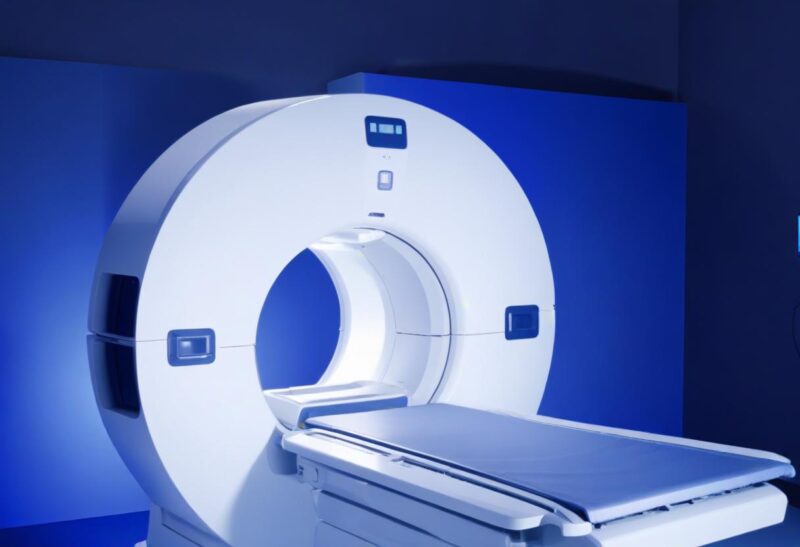Imricor (ASX: $IMR) pauses tga process to wait for second-generation vision-mr ablation catheter
- Author: Stock Piper

Imricor's TGA Application Withdrawal
Imricor Medical Systems, Inc. (ASX: $IMR) has withdrawn its application to the Australian Therapeutic Goods Administration (TGA) for approval of the first-generation Vision-MR Ablation Catheter. The company intends to complete the VISABL-AFL trial to support United States Food and Drug Administration (FDA) approval of the second-generation Vision-MR Ablation Catheter (Gen 2) and potentially submit it to TGA for approval. Imricor does not expect a material impact on its mid-term or long-term revenue potential.
Imricor's Chair and CEO, Steve Wedan, on TGA Application Withdrawal
Our plan is to sunset the manufacturing of the first-generation Vision-MR Ablation Catheter as soon as the Gen 2 catheter is approved in Europe and the Middle East. The Gen 2 catheter has already received its CE mark device certificate in Europe under the new more stringent Medical Device Regulations, and we are only awaiting the next in-house audit of our quality system to expand the scope of our manufacturing site certificate. Given the timing, it makes more sense to wait a few months, complete the VISABL-AFL trial, and possibly submit the Gen 2 catheter to TGA alongside our submission for United States FDA approval. That way, Australian doctors would not find themselves one generation behind, and we would not need to continue manufacturing the first-generation catheter only for Australia. Australia is not a material market for Imricor from a revenue standpoint, but we are excited to bring doctors and patients the benefits of MRI-guided ablations in a market where many of the Company's investors reside. Imricor has regulatory approval in New Zealand, and we will focus our ANZ efforts in this market in the short term.
Summary of Imricor's TGA Application Withdrawal
Imricor has decided to withdraw its application for TGA approval of the first-generation Vision-MR Ablation Catheter and plans to focus on completing the VISABL-AFL trial to support US FDA approval of the second-generation Vision-MR Ablation Catheter (Gen 2). The company anticipates no material impact on its mid-term or long-term revenue potential. Imricor's Chair and CEO, Steve Wedan, highlighted the plan to phase out the first-generation catheter upon approval of the Gen 2 catheter in Europe and the Middle East. The company aims to bring the benefits of MRI-guided ablations to doctors and patients, particularly in the New Zealand market in the short term.


